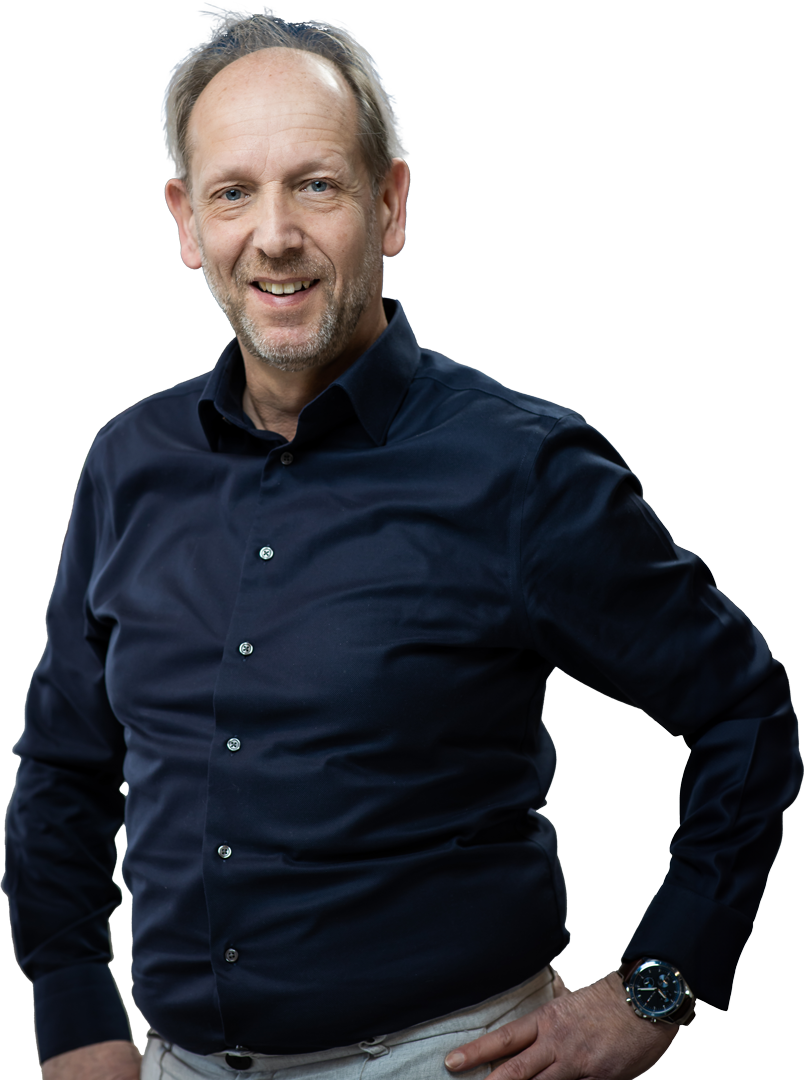Process optimization at Ardagh Group
About Ardagh Glass
Ardagh Glass is globally renowned for glass production, supplying some of the world’s largest food and beverage suppliers.
The challenge
Defining a single SAP PM template that can be deployed across all countries and locations. To achieve this objective, standardization of business processes and practices has been implemented. During the blueprint phase of the project, this standardization was initiated and definitively implemented during the SAP implementation. This now allows for a reliable benchmark across different countries and locations.
This project once again highlights that giving the right attention to the right components at the right time ensures a successful implementation.
Chosen solution
SAP Plant Maintenance
In 1997, the Glass division of Ardagh Glass (formerly Rexam Glass) decided to implement SAP Plant Maintenance as the global solution for administering its maintenance processes. Reflecting on a previously successful local PM implementation, Rexam Glass chose Ideo as a partner for this project. The project began with the development of a blueprint. During this phase, maintenance processes were mapped out and compared with SAP PM processes. Product facilities in Germany, England, the Netherlands, and Sweden were involved in defining a common set of processes. Special attention was given to industry-specific processes such as mold maintenance and capacity descriptions for molds.
Using this collection of processes, a European template was built. Refinement of this template occurred during the initial implementation in Barnsley, UK. During this period, members of the PM core team were trained by Ideo in both the general PM aspects of SAP and the specific implemented processes. This accelerated knowledge building within the company, enabling the customer to independently carry out the rollout in other production facilities, with only occasional support from Ideo.
Train-the-trainer sessions
Training the PM core team to the right level further resulted in shorter implementations, successful train-the-trainer sessions, better acceptance among maintenance workers, and continuity for the future. Moreover, this approach led to lower costs.
Result/Benefits
- Short implementations
- Successful train-the-trainer sessions
- Improved acceptance among maintenance workers
- Continuity for the future
- New approach has led to lower costs


